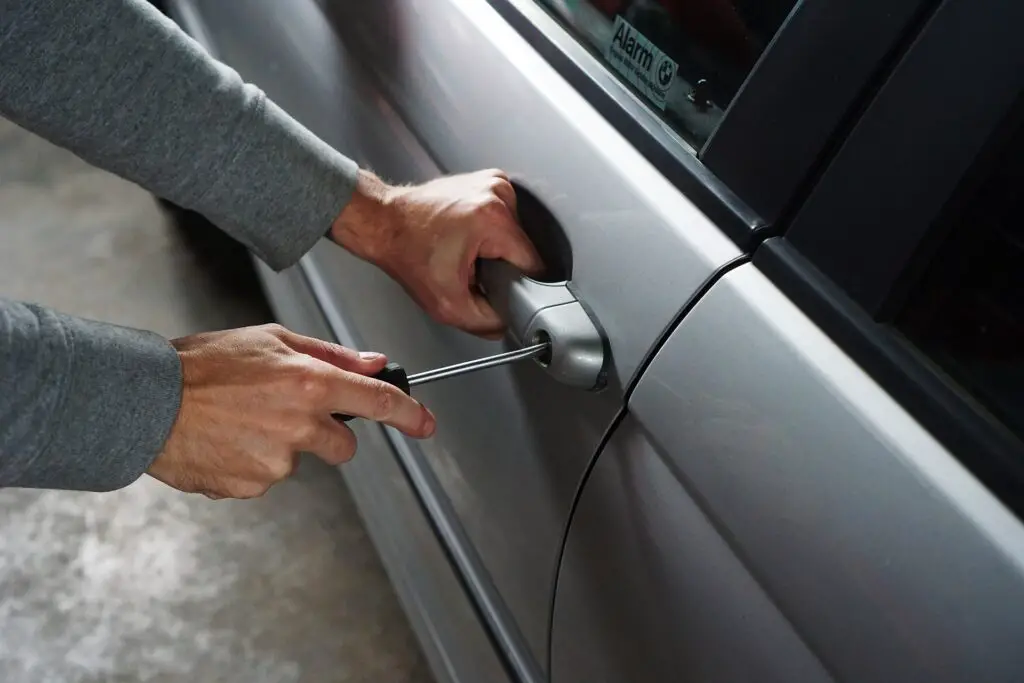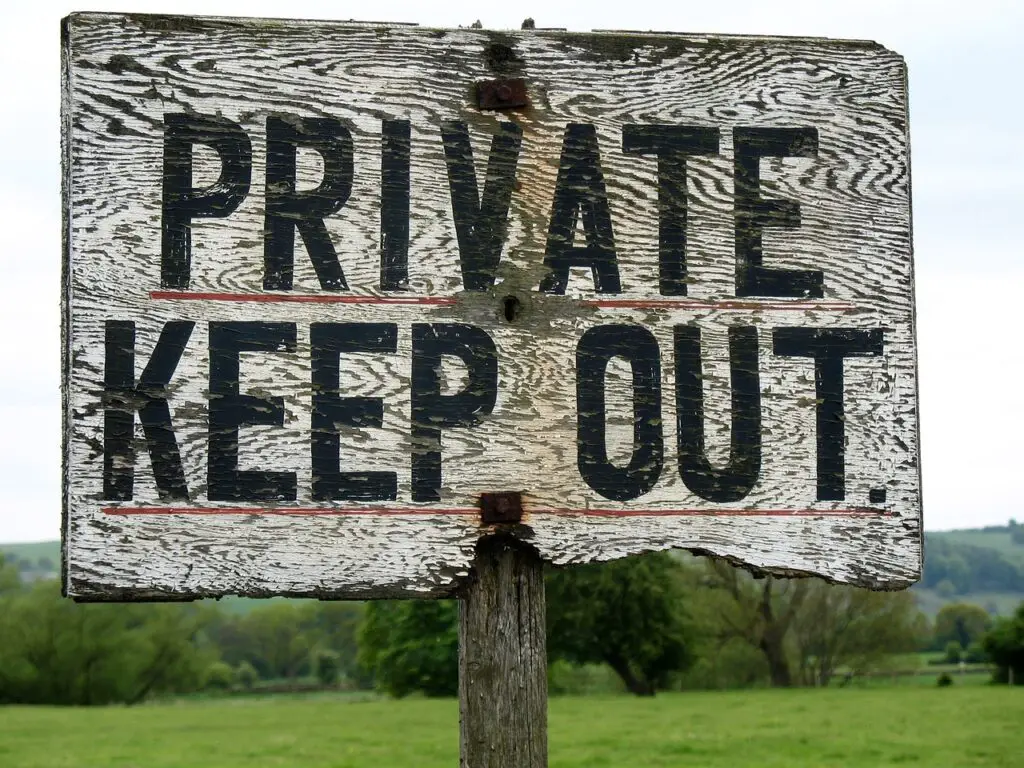Related Posts
While ghosts and ghouls may be the stuff of famous horror movies, most people tend to be afraid of more tangible dangers. If you were to ask an adult some of their biggest fears, you might receive answers such as “snakes,” “spiders,” or “heights,” all of which can pose a real risk. One of the most common fears out there is robberies and home break-ins. Break-ins occur nearly every 26 seconds in the U.S., so it’s no wonder why people are so afraid of them. Surprisingly, a lot of legal jargon surrounds the idea of someone breaking into your home. Each term holds a distinctly different weight in terms of description and punishment. Today, we will look at the hidden details behind breaking and entering vs burglary.
Viral Clip Causing Controversy
One clip that’s sweeping the internet is a great example of how the terms breaking and entering and burglary can be hard to distinguish. The homeowner recorded the video after experiencing an unusual intrusion one night.
In the video, a man barges into the cameraman’s home, yelling and exclaiming that he is looking for someone. The person filming is afraid of the intrusion, asking the man to leave and telling him that he has no idea who he is looking for. Unfortunately, consumed by his anger, the man continues into the house to intimidate the cameraman further.
In a shocking twist, the intruder’s wife comes onto the scene and alerts her husband, saying, “You might be at the wrong house!” After more investigation, it became clear that the man and his wife had intruded into the wrong home. According to their story, they were looking for someone who had recently run over their daughter with a car.
Considering this wild story, where would the couple fall legally between breaking and entering vs burglary?
Breaking and Entering

Breaking and entering is a charge describing someone entering another’s property without permission. It requires the use of force in some capacity. This force can be as small as pushing an unlocked door open. It can also be as serious as breaking down a locked door. Likewise, force used to enter can also be verbal in the form of trickery or coercion. People often refer to breaking and entering as “B&E,” especially in informal settings.
The requirements for breaking can differ from state to state. In some regions, simply using force to gain entry without permission is enough. In others, the perpetrator has to have some criminal intent in addition to breaking in to gain charges.
Burglary
Burglary involves illegally entering a property with the intent to commit a felony. No physical “breaking” is necessary; even slipping through an open window or door can lead to charges.
Burglary charges vary heavily depending on factors such as the perpetrator’s intent and whether they were carrying a deadly weapon. In minor cases, burglary can result in a short amount of jail time or fines. In serious cases, burglary can be elevated to the first-degree or aggravated burglary status, usually resulting in major fines and jail time. Burglary cases can even result in life sentences.
What’s The Difference Between Breaking and Entering vs Burglary

While they may seem extremely similar, the differences between breaking and burglary are incredibly important when it comes to legal consequences. For instance, the difference between the two can result in punishments as small as fines and as large as life sentences.
Generally, breaking carries lesser consequences and is treated as a misdemeanor in most jurisdictions. In contrast, burglary is considered more serious due to “felonious intent.” Burglaries are classified as felonies and usually result in larger fines or jail time.
Another similar term that people confuse with breaking vs burglary is trespassing. Trespassing is usually the least serious type of charge and is defined as illegal entry that doesn’t require force or criminal intent.
- Trespassing example: a man sneaks into a warehouse through an open door to seek shelter for the night.
- Breaking and entering example: a woman breaks down her neighbor’s door to enter their home while in a heated argument.
- Burglary example: breaks the locks on his neighbor’s window to gain entry into their home. Once inside, he intends to steal their jewelry.
Did The Man Commit Breaking and Entering or Burglary?

Concerning the viral video, you may wonder if the man would commit breaking or burglary. To help understand his possible charges, we have to dissect the situation in detail. Some important details that stand out from the clip include:
- In the clip, the man and his wife used force to enter the home without permission.
- The man began to yell at the cameraman, but he did not possess a weapon or attempt to harm him.
- The couple immediately tried to correct their mistake with heartfelt apologies and monetary repayments.
In the end, the couple would likely be liable for breaking charges. Without a weapon or clear intent to commit a felony, the couple’s actions would not be serious enough for burglary charges. Likewise, since they used force to enter the home without permission, their actions carry more weight than mere trespassing charges. With their monetary apology, there is a possibility that the homeowner wouldn’t even press charges. Nevertheless, the couple’s actions still fall under the confusion spectrum of breaking and entering vs burglary charges.

